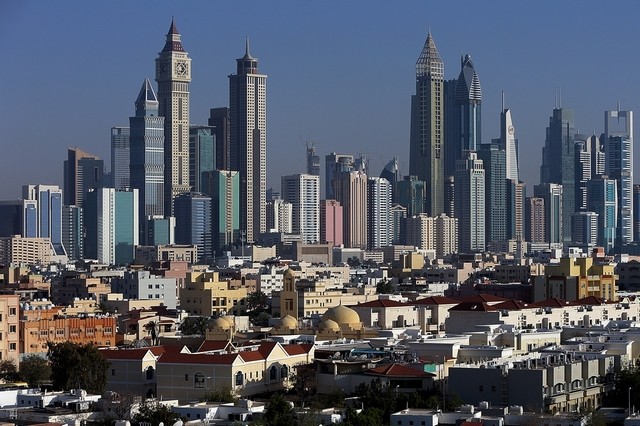Warehouses there show gains while remaining flat elsewhere over weak demand
Dubai: The Jebel Ali Free Zone remains the exception in what continues to be a subdued market for industrial real estate locations in Dubai over the first half the year. Warehousing properties there are recording year-on-year gains of around 3 per cent and have occupancy levels of less than 5 per cent, according to new data from CBRE.
“Jafza also has a very active secondary market, with an increase in properties available for sublease and sales,” the consultancy reports. “This has in part been led by declining capital values, which have fallen close to 15 per cent year-on-year class 1 industrial assets.”
But the dynamic at Dubai’s oldest industrial cluster is not reflected elsewhere, with the average rental rates remaining flat over a 12-month time frame. But even then, some sort of “fragmentation” is there among the individual clusters, barring Jafza, of course. “This is largely driven by the quality of available facilities and infrastructure, with many older areas seeing more limited interest in recent quarters as occupies seek a flight to quality.”
It may also be a reaction to the sharp rental spike industrial properties recorded during 2013-14. That was brought on heavy demand not being able to find sufficient ready supply.
“But despite this, development activity remains low with the majority of occupiers and owners preferring to follow a build-to-suit strategy,” CBRE reports.
The current softness in industrial assets also stems in large part to the broader economic situation. “While enquiries from downstream and upstream petroleum companies and its allied sectors have dropped away in recent quarters, this drop has been balanced by enquiries from international occupiers, which have remained relatively steady during the same period,” said Mat Green, Head of Research & Consulting UAE, CBRE M. E.
Where oil-related businesses have lowered their profile, the food trade have stepped into the breach. So too have fashion retailers, while “automobile majors continue to show demand for creating regional hubs within free zones for training, research centres and regional parts storage hubs,” the report notes.
“CBRE expects to see a two-tiered market emerge, with prime and high quality industrial spaces outperforming the wider market, maintaining rentals and encouraging further tenant migration, whilst inferior products and ageing and secondary locations are likely to face a period of declining rentals and rising vacancy rates.”
In Abu Dhabi, given the industrial market’s heavy linkage to the oil and gas sector, demand reduced significantly over the past 18 months. Occupiers, particularly in the oil and gas sector, have been evaluating the possibility of subleasing and selling excess capacity wherever possible to help streamline operations, the report adds.
The number of enquiries has also reduced year-on-year. Oil and gas companies, construction, and light industrial sectors each had 20 per cent of the enquiries, based on CBRE data. The balance emerged from pharmaceutical companies as a “result of government regulations and more stringent storage standards from the manufacturers”.
All rights reserved to the initial publisher for gulfnews.com
Collected and published by Arms &McGregor International Realty® editorial team. Get in touched with us at [email protected]

